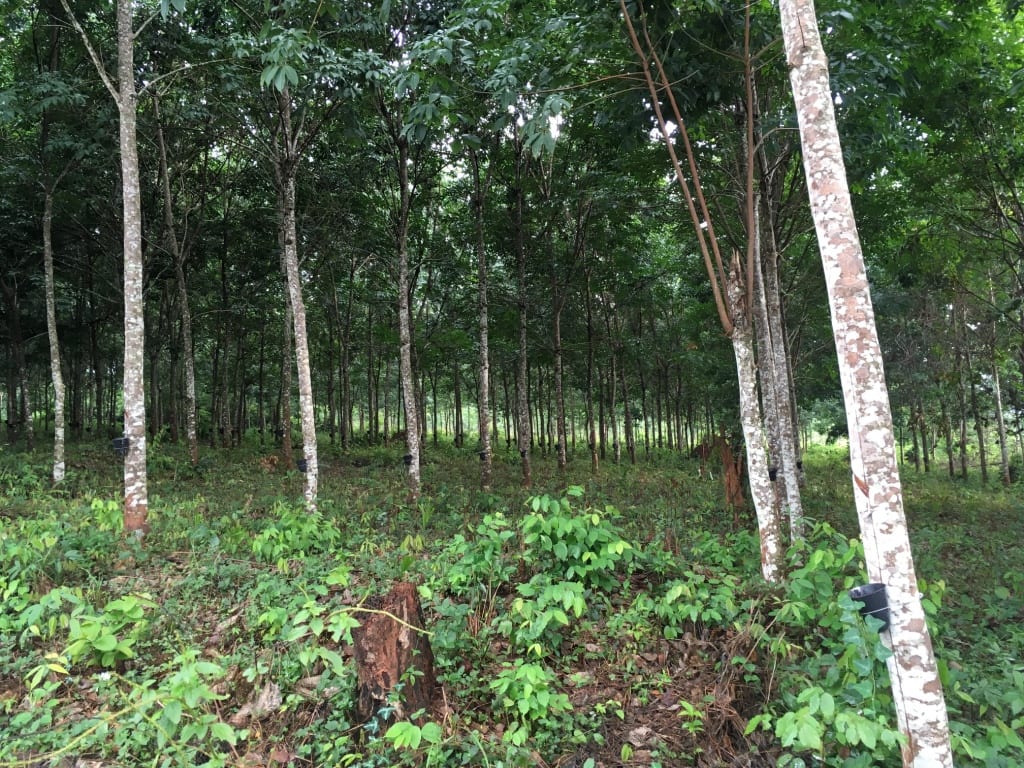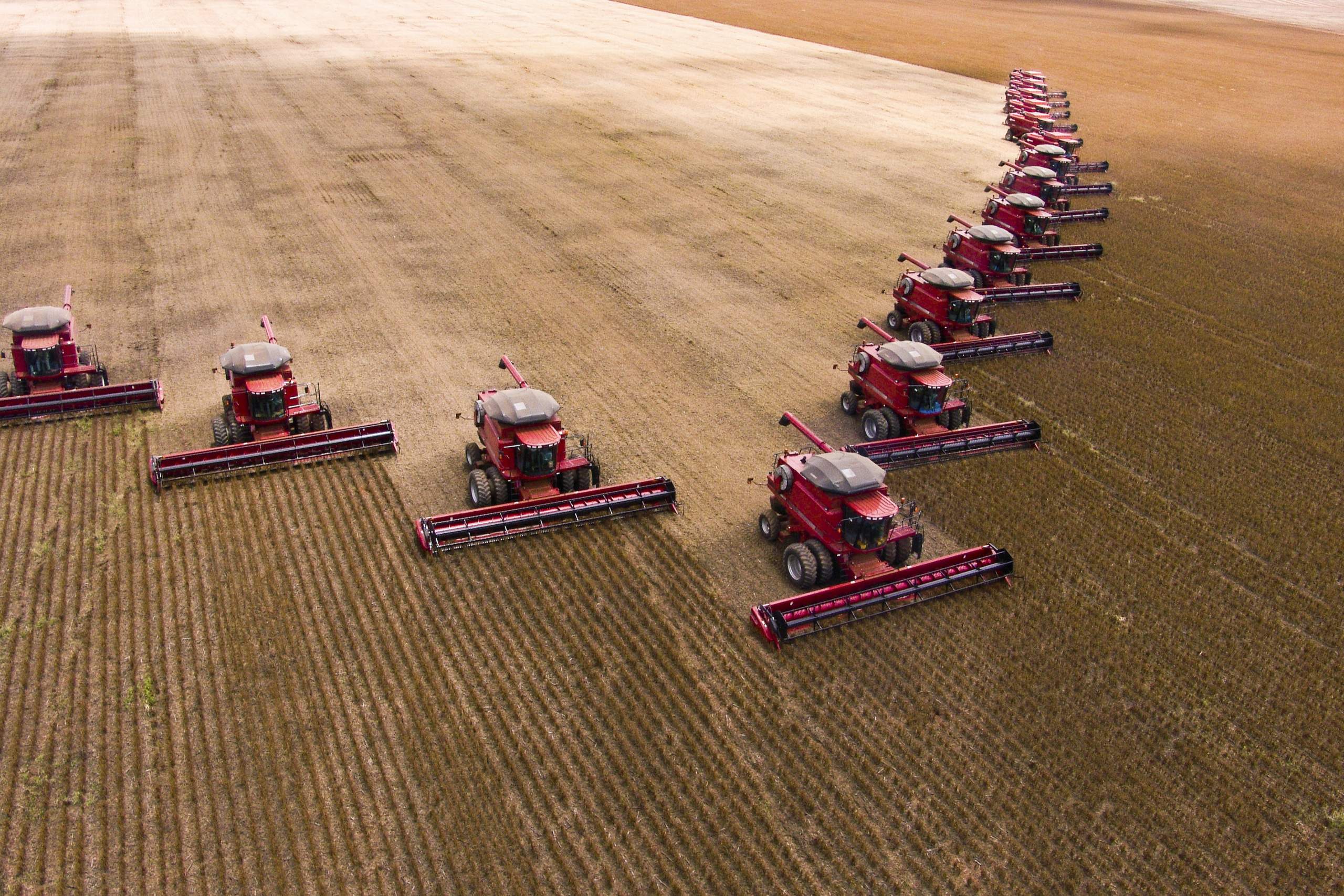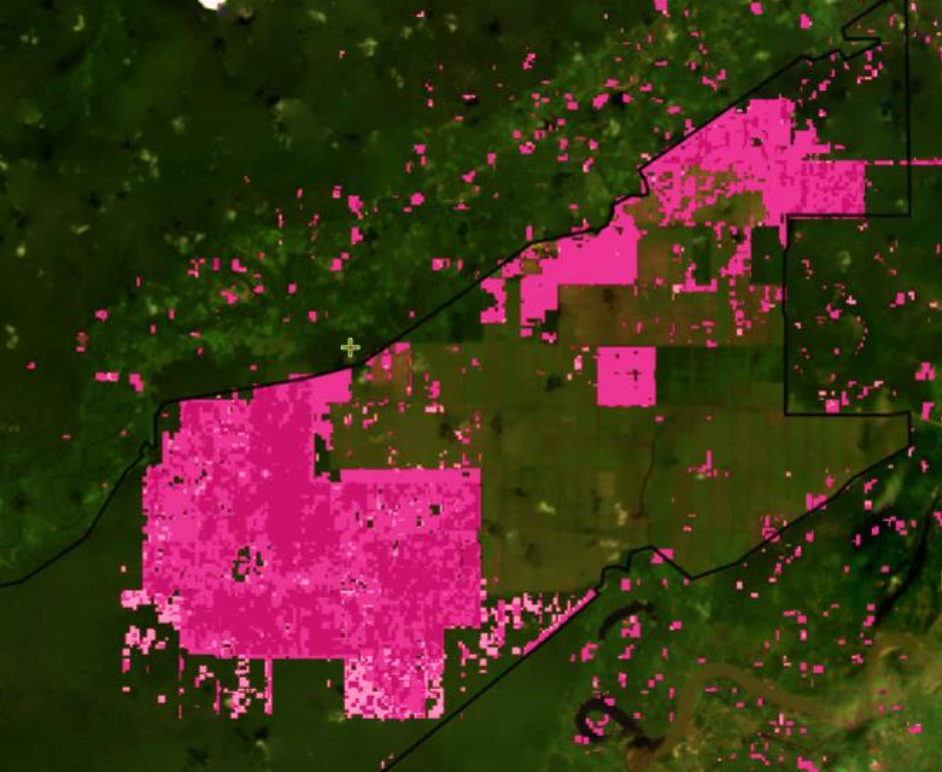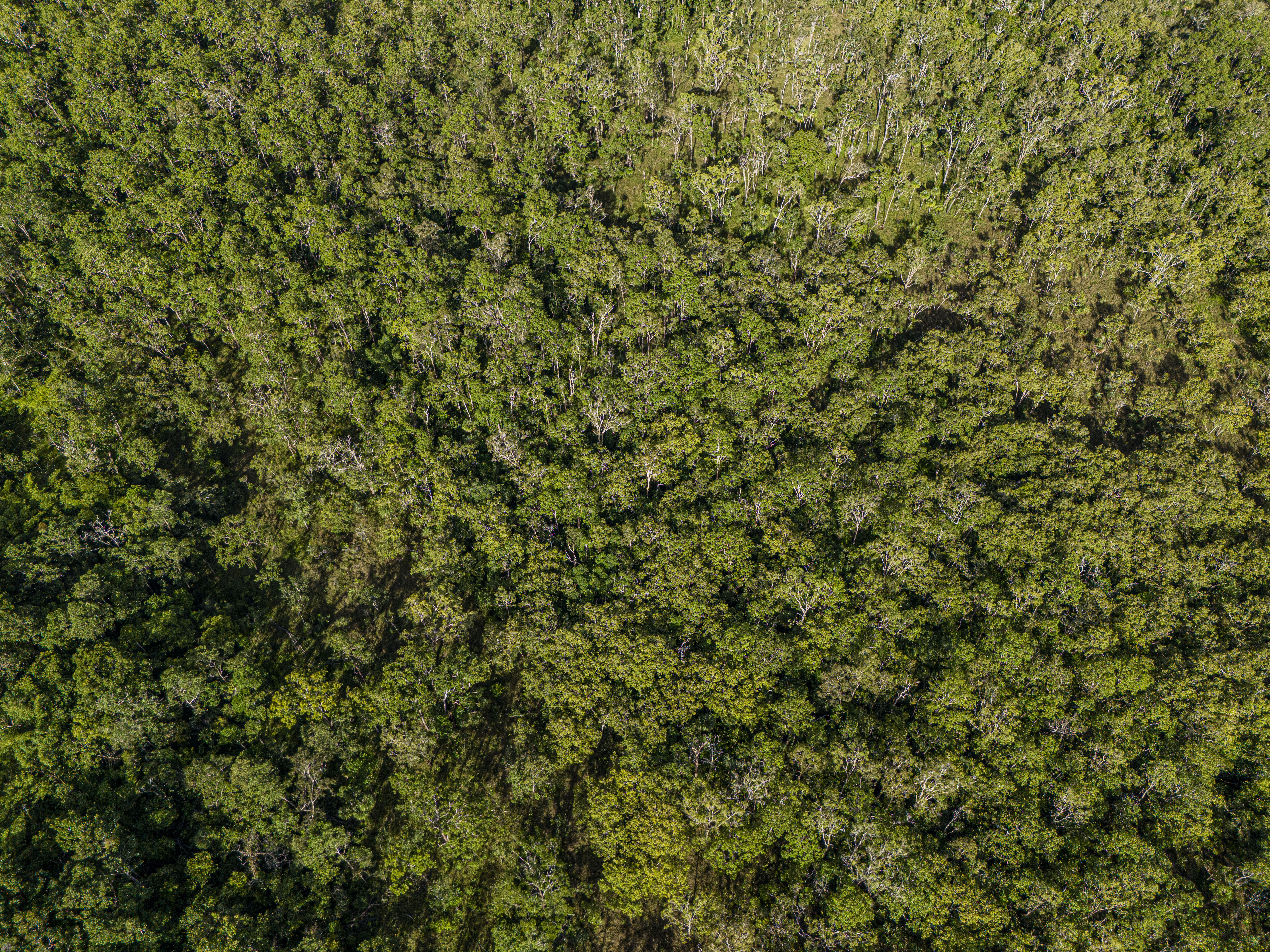
Stretching the possibilities for a sustainable rubber industry in 2020
The year 2020 has long held a prominent place in the popular imagination. For some, it has been pegged as a staging post for human progress in the modern era, often tied to aspirational global development targets and groundbreaking technological advances. For others, it has portended a dystopian future of post-apocalyptic chaos, ecocide, and the subjugation of humans by AI machines.
In reality, the dawn of 2020 sees the world in a mixed state of affairs. We have seen new technologies enter our daily lives that most of us wouldn’t have dreamt of even a decade ago, facilitating everything from faster communications to better medical treatments. And impressive progress has been made in many parts of the world in the fight against endemic hunger, disease and poverty.
Yet, at the same time, the health of our planet is in a perilous state. Greenhouse gas emissions continue to rise, pushing us ever closer towards a tipping point of runaway global heating. And the Earth’s wondrous biodiversity – upon which we all depend – is diminishing at a catastrophic rate, largely due to human activity. Our increased technological sophistication has arguably not been accompanied with any greater collective wisdom as a species about how we value, respect and manage nature.
One of the critical threats to both natural habitats and the planet’s delicate climate balance is the loss of tropical forests, which are home to roughly half of the terrestrial species on Earth, and act as a massive sink for carbon dioxide. Although the loss of these precious ecosystems is down to a combination of factors, one of the main drivers of deforestation has been the production of forest and agricultural commodities including palm oil, soy, beef, cocoa, cane sugar and natural rubber.
Complex supply chains have been constructed and maintained by large corporations to transform raw agricultural and forest commodities into finished consumer goods, generally exported for global markets. These companies are crucial to international efforts to protect tropical forest ecosystems. Consumer country governments in North America and Europe have largely failed to regulate to prevent “embedded deforestation” in imported goods; while some governments in tropical regions lack either the capacity, or political will, to protect their forests.
It is for this reason that Mighty Earth, while always seeking to hold governments to account and pushing for stronger environmental laws and regulations, also engages robustly with private sector companies that produce, trade, process and sell agricultural and forest commodities originating from the tropics. Getting companies to adopt sustainable sourcing and processing practices is essential for ensuring the long-term future of tropical woodland habitats.
A great example of this is natural rubber. Used predominantly in tires – but also in consumer goods such as shoes, garden hoses, condoms, outdoor clothing, and basketballs – natural rubber is derived from latex tapped from the hevea brasiliensis tree grown exclusively in tropical forest ecosystems, mainly in Asia.
Neglected as a driver of deforestation until recent years, companies within the natural rubber global value chain largely flew under the public radar. This started to change in the last 10 years, when campaign groups such as Global Witness began to highlight widespread deforestation, land grabbing and serious human rights abuses linked to the expansion of rubber plantations in Southeast Asia. This also elevated the work of local civil society organisations (CSOs) in the region that had long been resisting the often highly aggressive incursions of rubber companies onto community land and forests – work which Mighty Earth continues to support today.
Since that time, a number of companies operating within the natural rubber industry have woken up to the challenges of ensuring rubber is produced and processed in ways which don’t damage the environment, harm vulnerable local communities, or exploit small farmers, workers and indigenous people. Many have sought to engage with CSOs to understand and grapple with the risks they face, and develop “Zero deforestation” and “No exploitation” corporate policies and practices.
In March 2019, a number of companies representing rubber producers, processors, tire makers, and auto manufacturers founded a joint platform along with a group of CSOs, including Mighty Earth, with the goal of making the rubber industry fully sustainable. The new body, the Global Platform for Sustainable Natural Rubber (GPSNR) has since been working collaboratively to devise concrete measures to transform the industry. This includes everything from creating a future vision, or “desired state,” to looking at systems for increasing transparency, traceability and accountability throughout rubber supply chains, to developing company policy guidance for sustainable rubber procurement, to improved capacity building for both large and small scale growers.
As we approach the anniversary of the GPSNR in March 2020, we can reflect on the fact that a lot of good work has been done in the first year of its existence. This is both in terms of concrete outputs, as well as in the evolution of increasing trust and cooperation between the different stakeholders on the Platform. Nonetheless, we recognise that much more remains to be done. Some companies within the GPSNR still do not have their own internal sustainable rubber policies, which is highly problematic. In addition, a key pillar of the GPSNR – an effective grievance mechanism to call out companies that violate the principles, codes and policies of GPSNR – is still undeveloped. Also troubling is that the Platform does not yet appear close to devising effective systems for monitoring the performance of its members with regards to sustainability. Furthermore, no companies from the world’s largest rubber market, China, currently participate in the GPSNR.
External challenges also remain. As with other tropical forest and agricultural commodities, some countries where rubber is produced suffer from endemic corruption and poor enforcement of forest protection laws and community land rights. In addition, low rubber prices create immense challenges for smallholder farmers, or even larger companies, to invest in new systems, technologies and practices for improving the sustainability of rubber cultivation.
Despite these challenges, we remain positively engaged in GPSNR, including its working groups and Executive Committee, and believe we can build on the momentum created in 2019. Mighty Earth’s vision for 2020 is to see all GPSNR member companies adopting sustainable natural rubber policies, the establishment of a credible grievance mechanism, the development of effective monitoring systems, participation of smallholder farmer representatives in the Platform, and the integration of Chinese companies.
We will also be supporting GPSNR’s efforts to deliver tools for increased supply chain traceability and transparency, such as the SPOTT transparency toolkit initiative, with all member companies fully disclosing key information on the origins and sustainability of their natural rubber within a year. We also hope 2020 will be the year when GPSNR members will step up boldly to call for regulation, as the bulk of the cocoa industry has done, as well as key parts of the coffee sector. The rubber industry can help build momentum towards binding, fair, effective regulation that creates a level playing field, where forward-looking companies are not penalized by having to compete with rogue actors who don’t respect the environment or human rights.
We believe all these things and more are achievable in 2020, and will continue to try to stretch the possibilities for transforming the natural rubber industry this year.
The future of rubber starts now!


